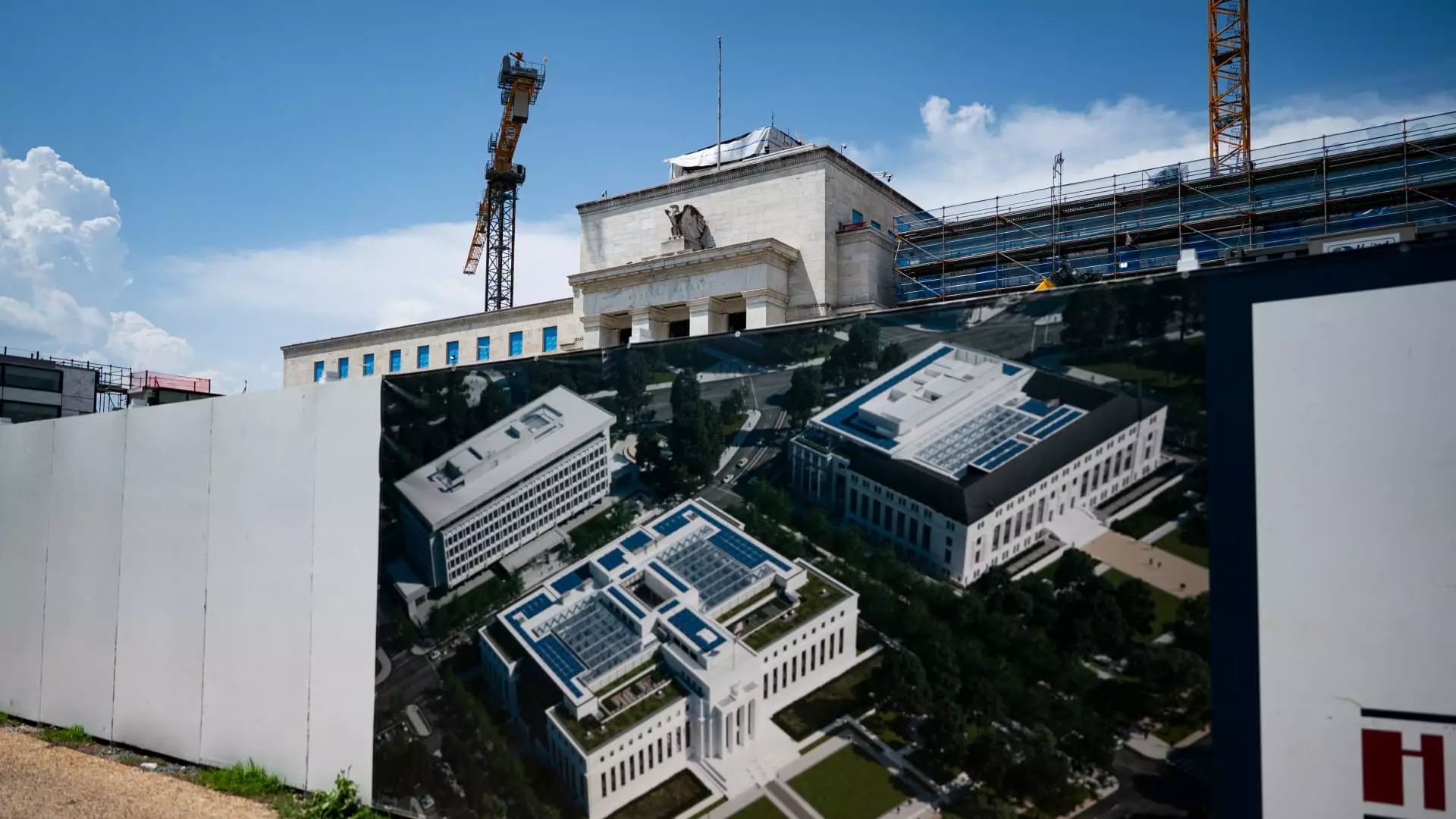The recent controversy surrounding the Federal Reserve’s multi-billion-dollar building expansion exposes a disturbing trend of unchecked financial arrogance. Despite operating largely beyond the reach of congressional oversight, the Fed’s decision to splurge on infrastructure, initially pegged at $2.5 billion, signals a troubling belief in its own invulnerability. This project’s ballooning costs—overruns that have drawn sharp criticism from the White House and other government officials—highlight a disturbing disconnect between the central bank’s priorities and its accountability to the public. The fact that the Fed views itself as immune from the democratic process reveals a dangerous attitude of entitlement—a belief that its fiscal decisions are insulated from consequences.
Mismanagement or Misguided Power?
The criticisms leveled at the Fed are by no means superficial. Calling the project “fiscal mismanagement” may sound harsh, but it echoes a genuine concern about how the institution handles relief from the consequences of its own actions. With accusations from political figures alleging waste and even “fundamental mismanagement,” it becomes clear that the central bank’s unchecked spending fuels widespread skepticism. What makes this particularly egregious is that the Fed’s operations end up affecting not only market stability but also public trust in government institutions. The idea that a semi-private, quasi-governmental entity can seemingly print money with little oversight fosters a dangerous perception that the Fed’s decisions are disconnected from the democratic process.
Structural Concerns and Consequences
The project itself is ostensibly justified on grounds of safety and modernization—addressing hazardous materials like asbestos and lead, and updating aging infrastructure. Yet, this rationale feels superficial against the broader context of mismanagement. The Fed’s insistence that it is not taxpayer-funded distracts from the reality that the institution’s decisions have profound implications for economic stability and public confidence. Its exemption from Congress and the OMB’s full oversight creates an environment where reckless spending can flourish without accountability. This privileged position, combined with the White House’s critique, underscores a systemic problem: a central bank exercising immense influence while sidestepping traditional checks and balances.
Critical Perspectives and Future Risks
The underlying issue, at its core, is the Fed’s perceived impunity—a mindset that allows unchecked expansion and opulence under the guise of routine maintenance. Such an outlook is inherently dangerous, risking the erosion of democratic accountability and fostering economic inequalities. If the Fed continues to operate under this cloak of secrecy and entitlement, it risks undermining the very foundations of transparent governance. For a nation that claims to uphold principles of oversight and responsible stewardship, this spectacle of fiscal excess is both perplexing and deeply troubling. It reveals a central bank willing to prioritize prestige over prudence, and that stance threatens to destabilize the fragile trust on which a healthy democracy depends.

